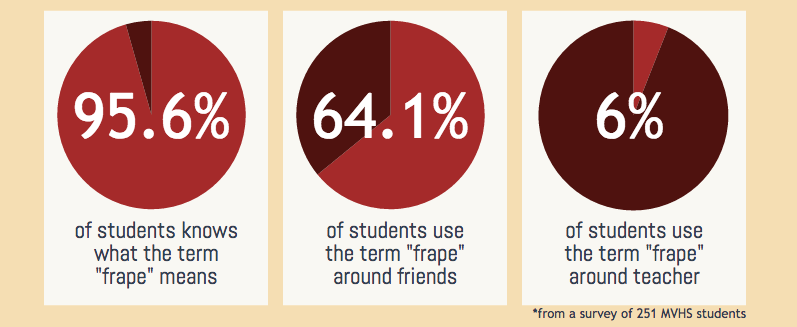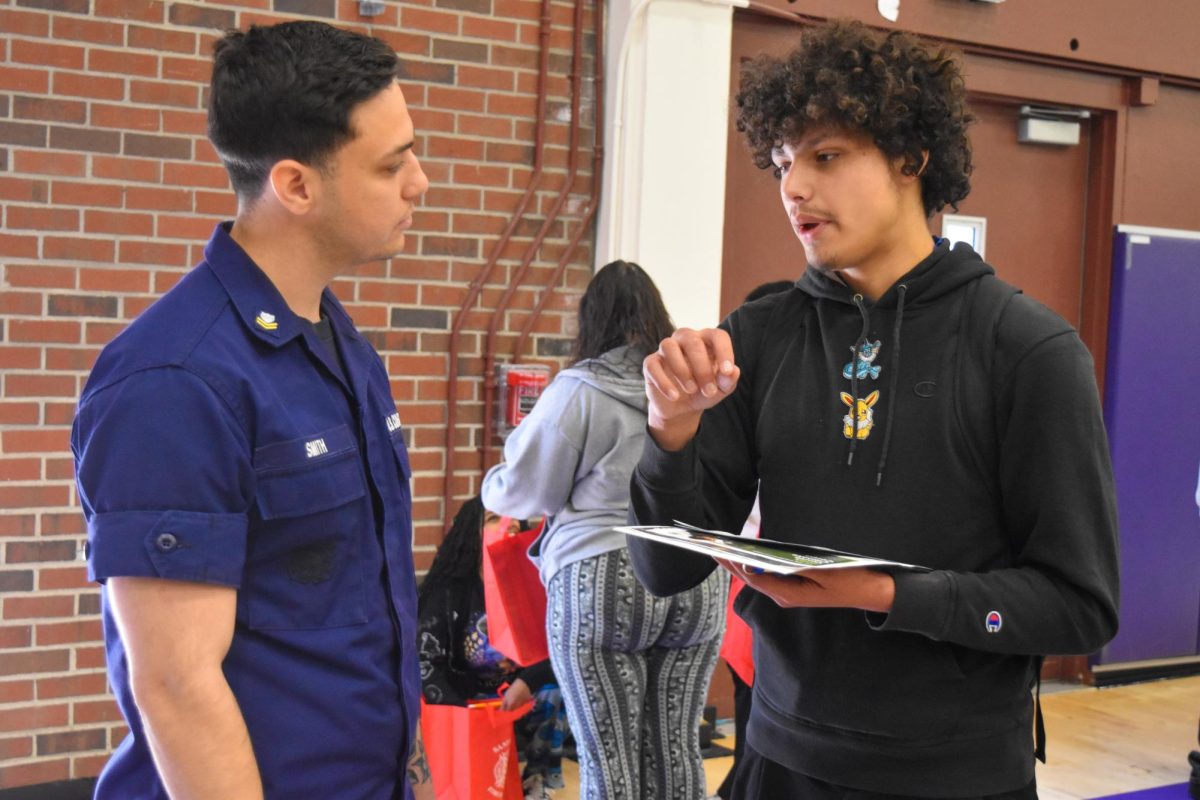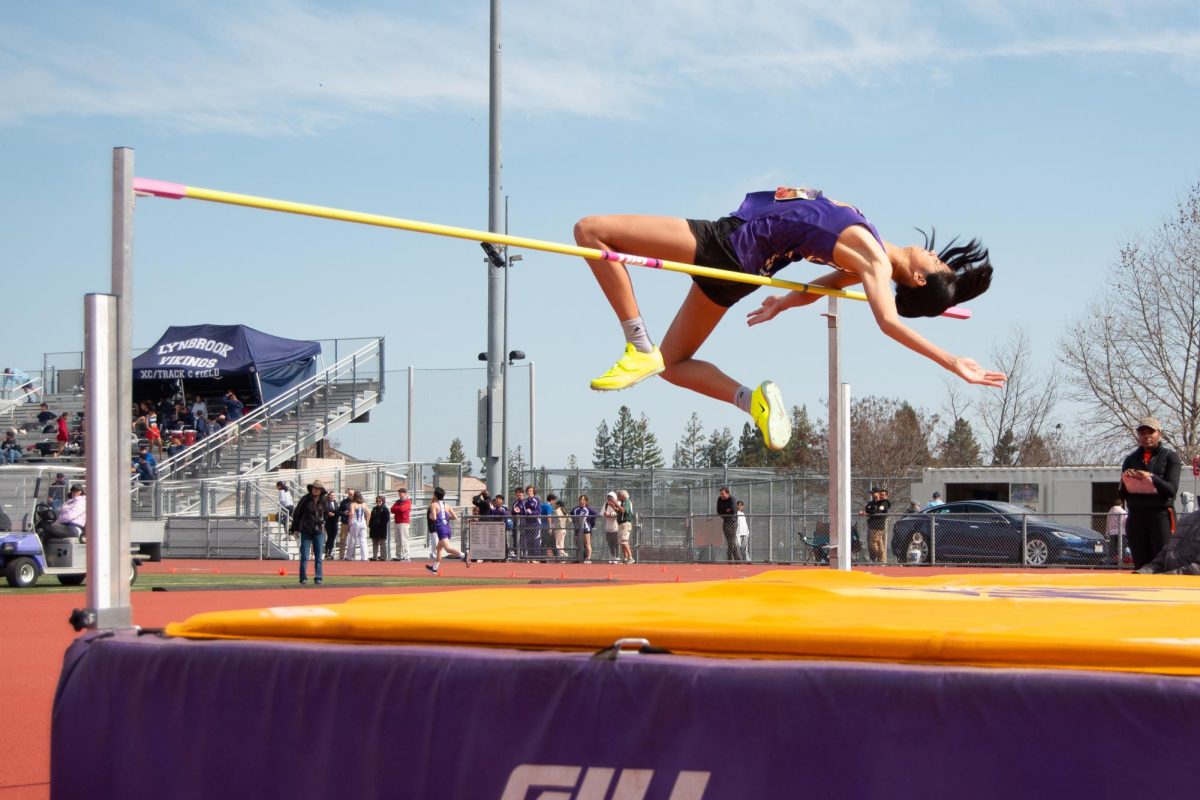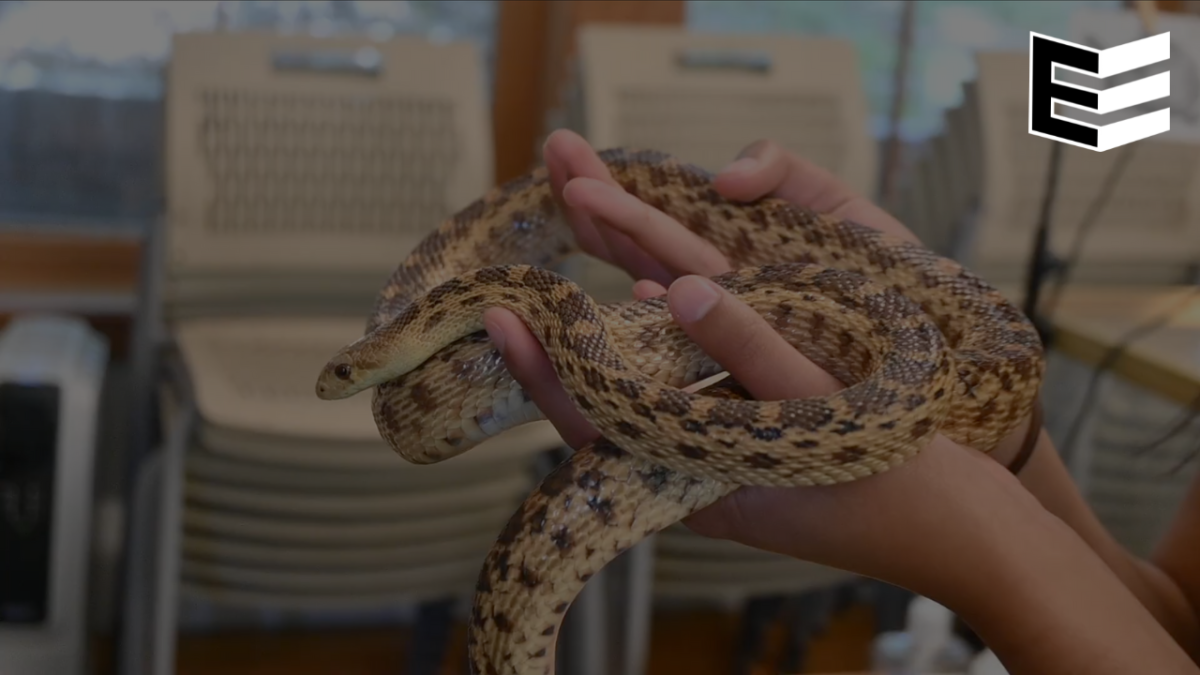rincipal April Scott first heard the Welcome Back Dance referred to as “freshman rape” about nine years ago. She was mortified.
“I have never been so sickened in my entire life,” Scott said. “I work so hard and take so much pride in this school — to think that is the reputation Monta Vista has, to think that’s what people outside think of our dances, that we condone the treatment of freshmen this way and that freshmen girls can be treated like objects. I was literally sick.”
The use of the word “freshmen rape” indicated to the administration that something needed to be done about the freaking* that took place at dances. They spoke with DJs to change the music, they trained Link Leaders to model appropriate behaviors, they began a Monta Vista Expectations presentation for incoming freshmen, they added air hockey, basketball, skee ball, movies.
And they were successful, to a degree, as the Welcome Back Dance is no longer referred to as “freshmen rape.” It takes on a different name — “frape.”
Take a look at what Principal April Scott has to say about the term “frape” and the dancing style at the Welcome Back dance.
Q: Do you think students understand the implications of the term “frape”?
A: Obviously people know that this term is wrong because they keep it hidden. They would never come up and say it to me. They would never go up and tell it to a teacher, which immediately tells me they know it’s wrong, and that’s what concerns me.

Q: What is the problem with “frape” as a term to refer to the Welcome Back Dance?
A: It’s beyond the dance. It’s about why one human being thinks they can go and be disrespectful to another human being in the “frape” theme of the first dance. It’s just about as ugly as it gets.
Q: What are the guidelines for dancing appropriately?
A: We would prefer face to face. I don’t think we’re ever going to be able to enforce that completely. But if it’s going to be front to back, it’s got to be upright, hands on the waist.
If we see things that are becoming more on the obscene side, that’s where we’ll cut the wristbands. We say that’s your warning. If we come back again, we know you’ve been talked to once, now it’s time for you to go.
Q: What is the wrong with freaking* at the Welcome Back Dance?
A: We don’t know how [dancing] ever went from face-to-face to front-to-back. Dancing was a chance to be with somebody, look somebody in the eye, look somebody in the face.
We’ve interviewed students [who] don’t even know who’s behind them. Here, we have this young man’s crotch up against the girl’s behind, and she doesn’t even know who he is, he doesn’t even know who [she] is.
There’s no sense of ownership of your behavior when it becomes anonymous, which is even more disturbing to me.
Q: What if “inappropriate” behavior persists at MVHS dances?
A: If it continues and if behaviors don’t change, there is nothing anywhere that says we have to have dances. How sad [would] that be?
I think that that’s part of high school, providing safe social events. We know that there are groups of students that are having dances outside of school. It is completely unsupervised. Whatever happens, there is a little frightening to me. That’s not the solution. The solution is to be able to come here and have a safe, fun, respectful dance.
Q: What responsibility do you carry as the principal to make sure the dancing is appropriate?
A: Whatever you do in the privacy of your own home or what you do in a private club, I have no control over, but this is a public high school. A public high school needs to be safe and welcoming to all.
As a steward of this school, that’s my job. And I believe in it in the depths of my soul. Not only morally and ethically, but it’s what I should do as the principal of this school.
Q: Do you think the majority of students are behaving inappropriately?
A: We have 2,400 students on this campus. The vast majority are doing the right thing. It’s few that aren’t who color what happens.
The vast majority of students at that dance conducted themselves appropriately. But the small percent who aren’t, unfortunately, put a sour taste on the dance.
What it does is it takes your attention away from all the good things? Do I ignore the student who is grabbing another student and dancing inappropriately and making that student feel uncomfortable? I can’t. If I do, then I’ve said “it’s okay.”
It’s the students that are [freaking] inside this tight circle; they’re hiding.
They would not dance like that on the edge of the circle where people can see them. What they do is they go inside, get protected, which immediately tells me they know it’s not acceptable.
If you can’t dance like that in front of your mother or at a wedding, then it’s not okay here.
That’s my bigger concern. It’s the sense of sneakiness, for lack of a better word. Knowing it’s wrong but seeing if I can get away with it. Well if it’s wrong then don’t do it. And if it’s disrespectful don’t do it. It’s very simple. And when they do it and they know it’s wrong and get caught, they get mad at us.
Q: Any last comments?
A: We did not go into this profession to police. We went into this profession to provide a great learning environment for students [and] social events for students as they go through adolescence.
We give up a lot of our time. We do all of this because we believe in it. We think it’s a really good thing as part of a high school environment.
For us to now have to be the bad guys and enforce these things is upsetting. It makes us sad because that’s not what we want. That’s not why we go to the dances. We don’t go to the dances to nail kids
The goal is not to have students get upset. I think if [students] stopped and really thought about why it was being done, they would have to agree with us.
Changing culture is difficult, but I think we’ve made some huge strides. We’re not going to give up the fight; we certainly aren’t defeated in this.
*Freaking is a type of close partner dance where a male grinds his pelvis on a female’s bottom.
Reporters Vivian Chiang, Sara Entezar and Avni Prasad address the insensitivity of term “frape.”
Transcribed by Aanchal Garg
Reported and written by Avni Prasad
Correction: Principal April Scott and the administration have never used the word “frape.” It is a term perpetuated by students.



















